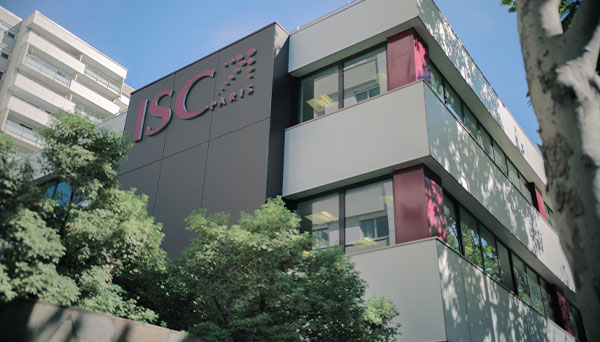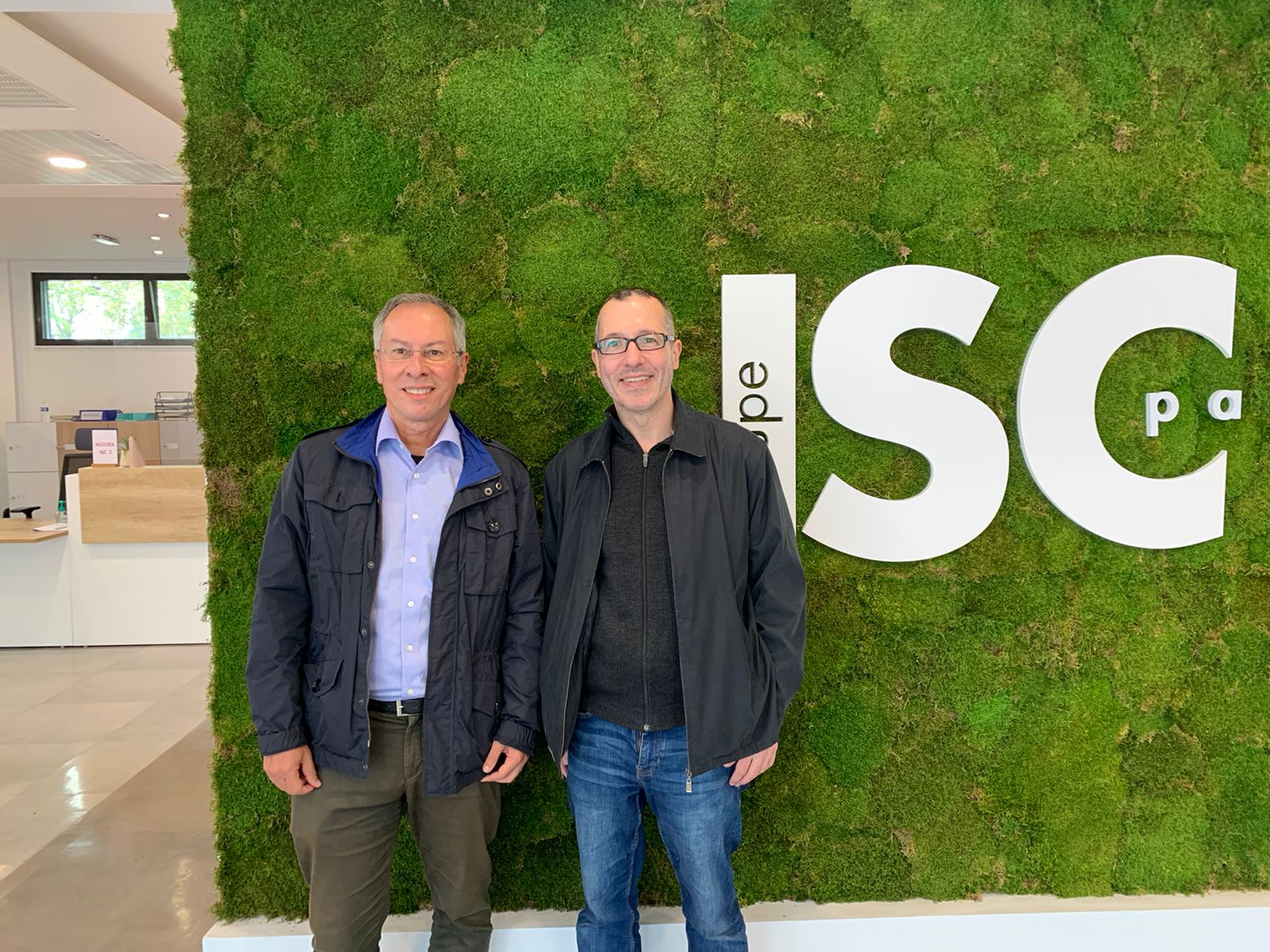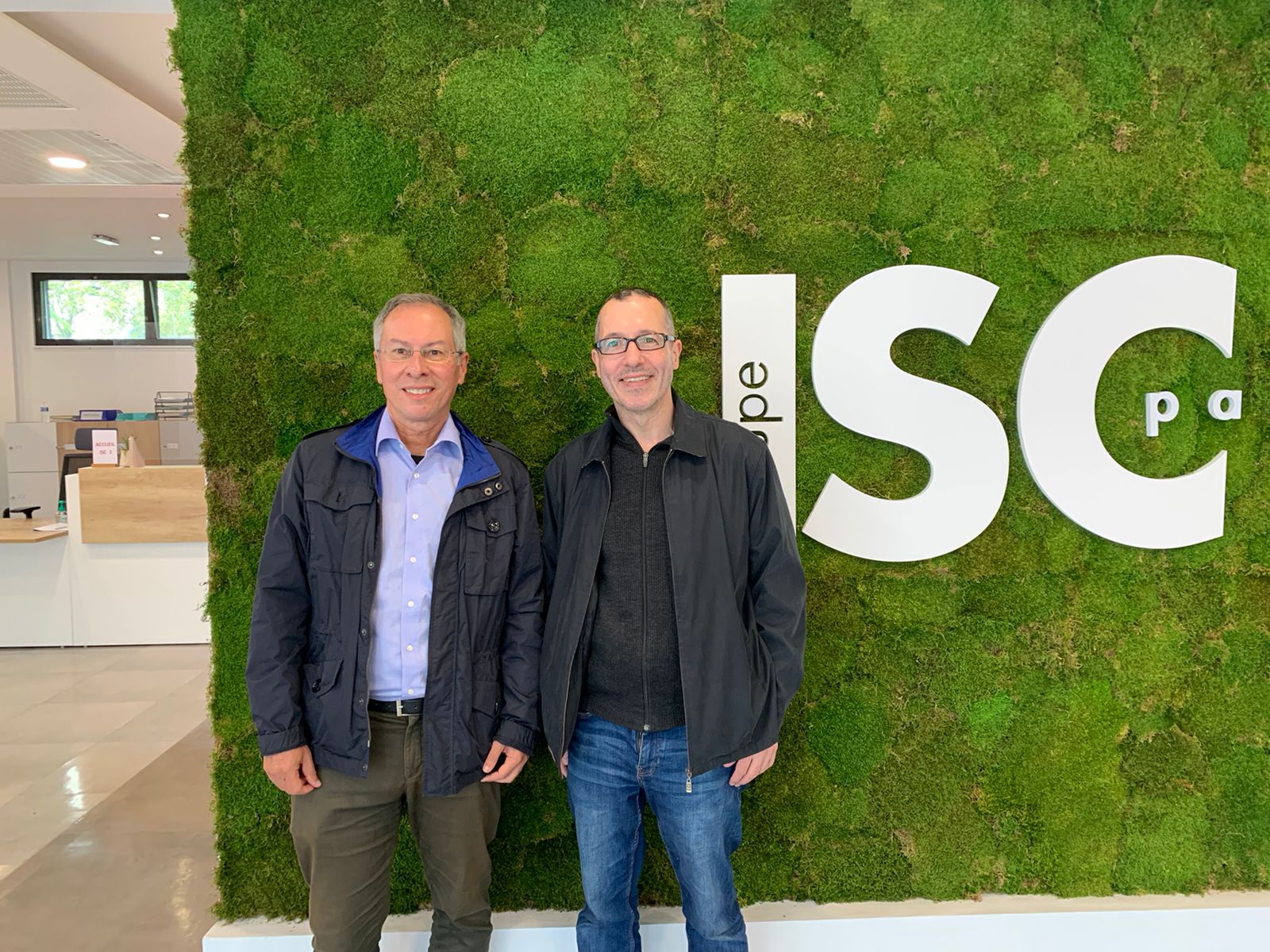

Enseignants et Recherche

A look back on the visiting of Ely Paiva, a FGV Professor (Brazil). In April, he gave courses for our students and exchanged with our researchers about his last academic articles. Renaud Redien-Collot, our research laboratory director, conducted this short interview.
Well, after a bachelor in Mechanical Engineering, I worked for many years in manufacturing firms and then in a consultancy agency. At this moment, I started my master in business administration that I follow with a PhD at the Federal University of Rio Grande do Sul. During my doctoral program, I was a visiting professor at the University of North Carolina, where I stayed for one year. After my doctorate, I worked as a professor for undergraduates and the doctoral programs. I have been working at São Paulo School of Business Administration (FGV) for 12 years now. I’m also a Latin America regional editor for The Journal of Supply Chain Management, which is an important journal in my subject. Finally, I am a board member of the Center for Applied Research and Innovation in Supply Chain-Africa (CARISCA), an organization that fosters academic projects in Africa, such as seminars, conferences programs and trainings.
When I started working in supply chain management, I was more focused on strategic issues. How companies compete and how they develop their business strategies. I wanted to discuss the type of decisions a company should have to improve its performance, but then other issues caught my attention : sustainable development and environmental impact. My point was to decrease the impact of operational management. At the same time, I started to study social issues, like modern slavery, forced labor and gendered issues. However, competitiveness and performance continue to run throughout my career.
I am particularly aware of CSR. I’m currently working on international data to compare how transparency is present in supply chains, in different context. I also observe how company react to social aspects like child labor and modern slavery. Clearly, “transparency” is the most important issue in my research right now.

Yes ! You see, sustainability as a three-dimensional construct with a :
Usually the first one was perceived as more crucial and was more taught. The other ones were secondary aspects.
Today, they are of the same importance to understand how companies can compete and how they can survive in a global market. New questions arise : how can companies mitigate the environmental impact and how the social aspect is present in the decisions of the company, not only internally but also related to their suppliers ? They have to think about the whole supply chain and broadly about their indirect social and environmental impacts.
Recently, an article of my co-authors and I was released in Organization. It studies different approaches, particularly between northern and southern world, about the supply chain of the COVID-19 and how they impact the global health.